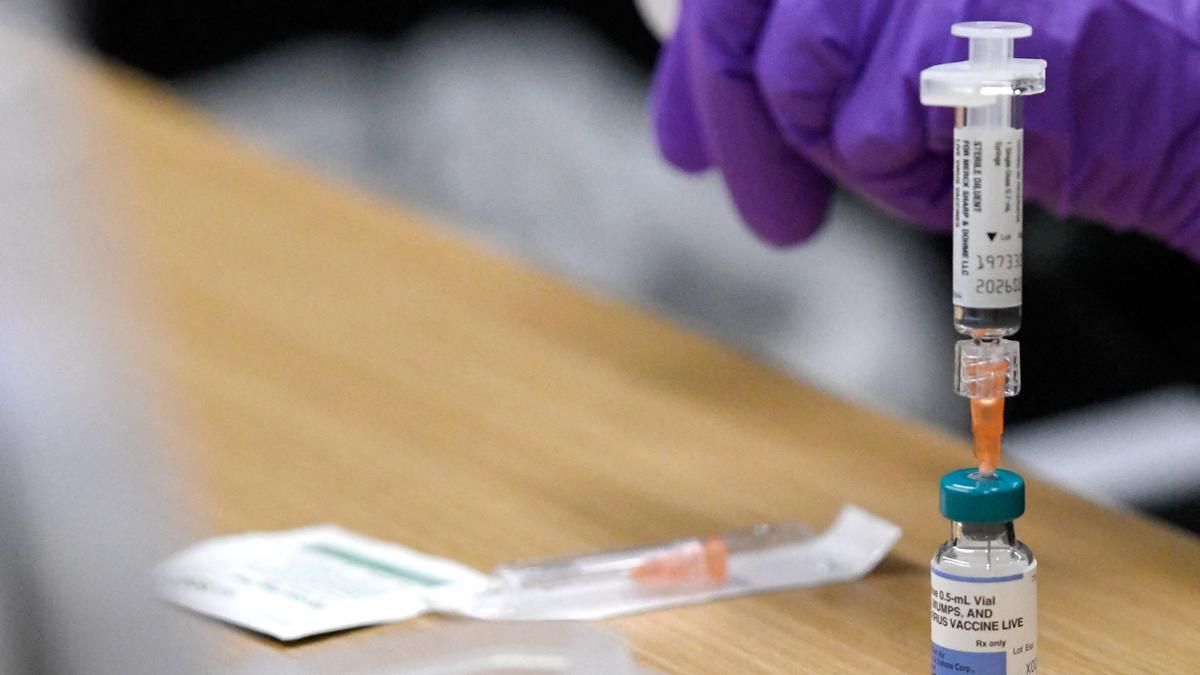India’s alarming vaccination gap: 1.44 million children still ‘zero-dose’, Lancet study reveals

India’s Vaccination Gap: 1.44 Million Zero-Dose Children and Global Implications
Context:
- India has 1.44 million children classified as “zero-dose” in 2023, making it the second-highest globally, after Nigeria, according to the Global Burden of Disease Study Vaccine Coverage Collaborators published in The Lancet (June 2025).
- Globally, 15.7 million children had received no doses of the DTP vaccine in their first year of life by 2023.
- The COVID-19 pandemic severely disrupted routine immunisation, exacerbating the zero-dose challenge worldwide.
Core Issue / Concept:
- Zero-dose children are those who have not received even a single dose of routine vaccines, leaving them vulnerable to deadly preventable diseases like measles, polio, diphtheria, and pertussis.
- India and South Asia together account for a significant proportion of global zero-dose children (1.33 million in South Asia).
- Stagnation in vaccination progress reflects persistent inequalities, vaccine hesitancy, misinformation, and systemic challenges in healthcare delivery.
Key Data / Facts:
- Global measles vaccination coverage declined in 100 of 204 countries between 2010 and 2019.
- 21 of 36 high-income countries reported declines in at least one vaccine coverage.
- Two-thirds (65%) of zero-dose children are concentrated in sub-Saharan Africa and South Asia.
- Despite EPI efforts since 1974, vaccine-preventable disease outbreaks continue, highlighting long-standing inequalities.
Significance / Implications:
- Public Health: High zero-dose numbers increase risk of outbreaks and mortality from preventable diseases.
- Equity: Zero-dose children are concentrated in marginalized, tribal, rural, and conflict-affected regions.
- Policy: Highlights need for localized, culturally sensitive vaccination programmes and equity-focused interventions.
- Global Targets: Risk of missing 2030 immunisation targets without transformational improvements in coverage and equity.
Challenges / Concerns:
- Persistent vaccine hesitancy and misinformation reduce coverage.
- COVID-19 pandemic caused sharp declines in global vaccination rates.
- Complex socio-political factors including armed conflict, displacement, economic insecurity, and climate crises hinder effective immunisation.
- Declining international aid may affect routine vaccination programs in low-resource settings.
Government Initiatives (India):
- Zero Dose Implementation Plan 2024 for 143 districts across 11 states.
- Need for robust, equitable, and culturally sensitive vaccination strategies to safeguard child populations.
- Emphasis on strengthening Expanded Programme on Immunization (EPI) to ensure coverage and equity.
Way Forward / Recommendations:
- Strengthen community engagement, trust-building, and involvement of local leaders to address vaccine hesitancy.
- Implement targeted, culturally appropriate local interventions to reach zero-dose children.
- Maintain sustained investment and monitoring to close immunisation gaps.
- Integrate vaccination campaigns with broader public health, social welfare, and education programs
Updated - June 25, 2025 06:57 pm | The Hindu